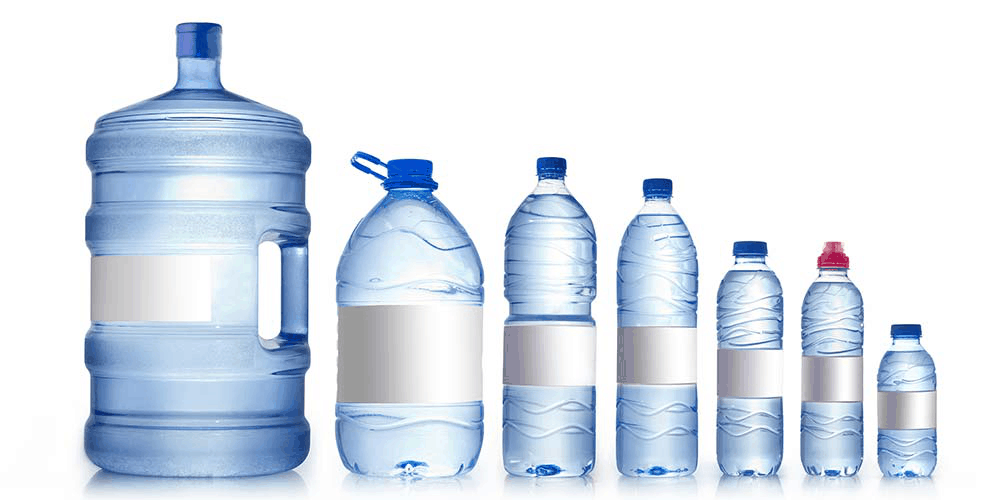Bottled water has become extremely popular worldwide in recent decades. Once seen as a niche product, bottled water has now overtaken carbonated soft drinks as the most popular drink packaged and sold commercially. However, this surge in bottled water consumption has also attracted growing controversy over its environmental and health impacts.
Rise in Popularity
Bottled water first gained mainstream popularity in the United States and Europe in the 1980s due to a growing skepticism about tap water quality. Perceptions of declining tap water standards, fueled by highly publicized reports about contaminated public water systems, drove consumers to bottled options. This trend accelerated through the 1990s as bottled water companies took advantage of the growing health and wellness movement by marketing their products as a premium, healthy choice.
By the 2000s, bottled water had become a multi-billion dollar global industry. In the U.S. alone, bottled water sales surpassed carbonated soft drinks in 2016, with over 40 billion liters sold annually. The bottled water sector continues expanding at a rapid pace internationally as well. Developing regions like Latin America, Asia, and Africa are seeing especially strong growth as rising incomes allow more consumers to switch from tap to bottled water.
Environmental and Health Impacts
However, this surge in Bottled Water consumption has also drawn heavier criticism. From an environmental perspective, bottled water production requires huge amounts of petroleum to produce plastic bottles. Most plastic water bottles also end up in landfills rather than being recycled. It is estimated that over 480 billion plastic water bottles were sold worldwide in 2016, adding enormously to global plastic waste problems.
Transporting bottled water over long distances also contributes significantly to climate change through greenhouse gas emissions from vehicles and production facilities. With tap water treatment facilities situated locally, bottled water has a much larger carbon footprint than drinking water from the tap.
Health concerns have also been raised about chemicals leaching from plastic bottles into the water, especially if bottles are left in hot environments like cars. Bisphenol A (BPA) and phthalates are two chemicals linked to health issues that are often found in plastic water bottles. Meanwhile, numerous studies have concluded municipal tap water in many countries is just as safe, if not safer, than bottled counterparts.
Regulatory Issues
Regulation of bottled water products varies greatly worldwide. In some countries like the U.S., the FDA imposes Good Manufacturing Practice standards on bottled water. However, enforcement remains inconsistent, and bottled water is not subject to nearly as stringent testing requirements as public water systems. Outbreaks linked to contaminated bottled water, though rare, still occasionally occur.
Labeling practices have also faced criticism for potentially misleading consumers. Terms like “purified”, “spring”, or “mountain” water used on labels imply the water has undergone extensive treatment or comes from pristine mountain springs when in reality it may be no different from regular municipal tap water. Lobbying by the bottled water industry has also weakened some proposed regulations that could mandate clearer labeling or reduce plastic waste.
Alternatives to Bottled Water
With these concerns mounting, some campaigns encourage switching back to tap water or finding more sustainable bottled water alternatives. Use of reusable water bottles and cylinders is one strategy to reduce plastic waste. Municipalities in several cities have rebranded their tap water by installing attractive refill stations or promoting their water quality. Some companies now sell purified water in glass or aluminum bottles that can be returned and refilled. Community-supported water programs modeled after CSAs for local agriculture are another emerging idea.
Overall, while bottled water demand continues climbing globally, environmental and health issues ensure debates over this lucrative industry will also intensify. Stricter regulations as well as cultural shifts that promote reusable over single-use plastic water containers may help address some challenges. But major changes in consumption patterns still face an uphill battle against the powerful marketing of bottled water companies.
*Note:
1. Source: Coherent Market Insights, Public sources, Desk research
2. We have leveraged AI tools to mine information and compile it




